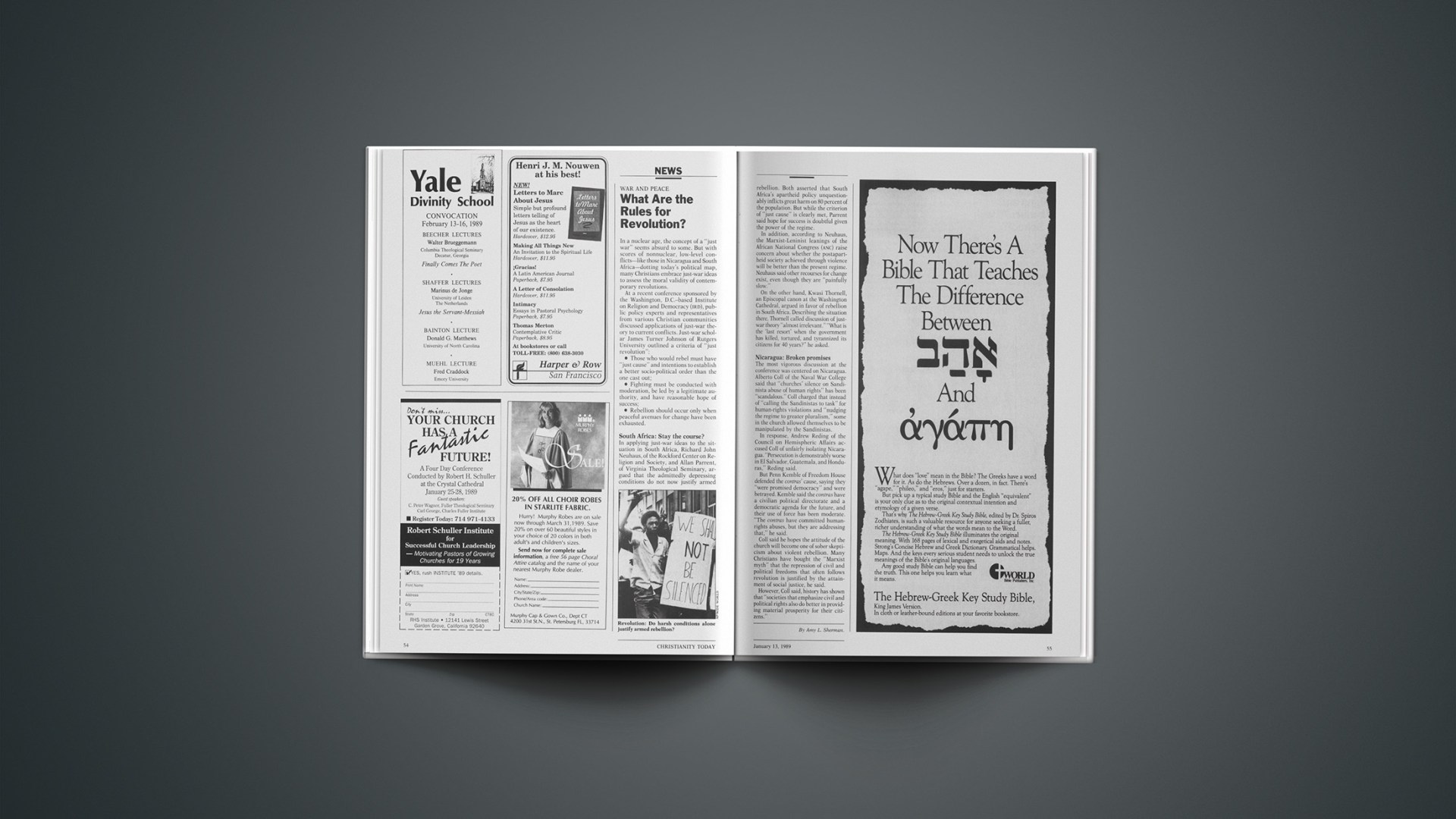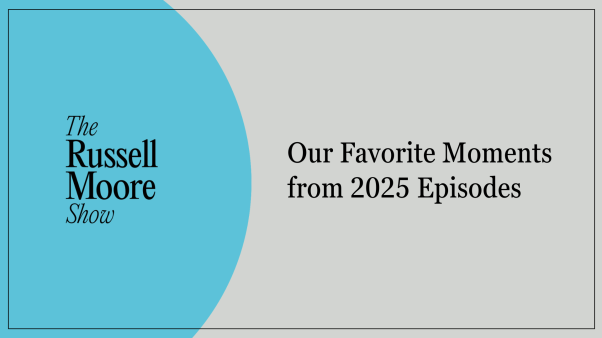Hoping to “legitimize the teaching of power evangelism in universities,” Peter Wagner, professor of church growth at Fuller Theological Seminary’s School of World Mission, convened the first-ever academic symposium on integrating “signs and wonders” into missions curricula.
Virtually all the 45 participants who met in Pasadena December 13–15 were from conservative Christian colleges, but they represented a diverse cross section of denominations: Pentecostal, Eastern Orthodox, charismatic, and a sprinkling of mainstream Protestants. The participants politely debated subtle shades of meaning and theological nuances. Some of the liveliest discussion was sparked by topics such as demonic influences on the mind, exorcism, and suffering and illness.
John Wimber, the leader of the growing Vineyard Christian Fellowship movement, coined the term “power evangelism.” In 1986, the faculty council of Fuller’s School of World Mission cancelled the controversial “Signs and Wonders and Church Growth” class Wimber was teaching (CT, Feb. 21, 1986, p. 48). Wimber said at the conference that he had studied every experiential model of power evangelism: high church, tent meetings, Pentecostal, priestly, apostolic groups, and lay teaching. “Practice communicates our faith,” Wimber asserted, adding that “if someone gets saved it doesn’t matter to me what system is used.”
Better Accountability
But more than one participant called for better accountability. Timothy Warner, professor of missiology at Trinity Evangelical Divinity School, Deerfield, Illinois, said: “If we depend on demonstrations of power for our theology, we are especially prone to deception. We need others to help us see where we have blinders on.”
On the other hand, James Simpson, a classical Pentecostal from Lee College, Cleveland, Tennessee, held that “power evangelism does not need proof, it needs practice. Truth is useless unless used; we need a functional theology.”
Yet, the lack of a theological framework of any kind—Wesleyan, Calvinistic, Holiness, or modern-day charismatic—left most statements without firm underpinnings. “Things are happening so fast in power evangelism we are still groping for terms,” explained Douglas Pennoyer, who says he teaches “power encounters of the active supernatural” at Seattle Pacific University. Pennoyer and Peter Wagner will coauthor a compilation of the symposium papers.
Jack Deere and Walter Bodine, former Bible professors at Dallas Theological Seminary who were asked to leave last year because of their charismatic leanings (CT, Feb. 5, 1988, p. 52), expressed hope that ecumenical dialogue on using spiritual gifts will be more broadly accepted. Bodine saw a need to merge disciplines: “Having missions leaders here with the freedom to talk is a good sign,” he said.
Although no format was adopted for future exchanges, several suggested that theologians, Bible scholars, and practicing non-Western pastors be included the next time around. “We need to focus on the holes that have been exposed,” one participant noted.
Convener Wagner tenaciously believes, however, that God’s power can ultimately “tear down barriers between Christian factions.… We’ve tried almost everything else. Why not try spiritual warfare?”
By Marjorie Lee Chandler, in Pasadena.










